Supreme Court Stays Heart-Wrenching and Illegal Provisions of Waqf Amendment Act, Upholds Non-Muslim Inclusion in Boards
By Aisha Rahman, Townhall Times Staff Writer
New Delhi, September 15, 2025
Supreme Court Stays “Heart-Wrenching and Illegal” Provisions of Waqf Amendment Act, Allows Non-Muslim Participation in Boards
By Aisha Rahman, Townhall Times Correspondent
New Delhi, September 15, 2025
The Supreme Court has stayed several controversial provisions of the Waqf (Amendment) Act, 2025 through an interim order. Collectors will no longer have the authority to unilaterally decide if a property is Waqf or government-owned. However, this stay is temporary—until the court delivers its final judgment on petitions challenging the constitutional validity of the amended Act. The bench of Chief Justice B.R. Gavai and Justice A.G. Masih announced the interim relief, with the verdict having been reserved on May 22.
The Court made it clear that there is no basis to stay the entire Act, but certain provisions require temporary protection. The interim stay applies to three core issues:
-
Denotification of Waqf ‘user’ properties
-
Powers granted to Collectors
-
Inclusion of non-Muslim members in Waqf boards (with limitations)
The Court further clarified that no more than three non-Muslim members should be part of any Waqf Board, and in total, there should not be more than four non-Muslim members. The bench emphasized that laws are presumed to be constitutional and such interference is warranted only in the rarest of cases when fundamental rights are clearly at stake.
The Waqf (Amendment) Act, 2025 was passed by Parliament in April after intense debate and received Presidential assent on April 5. The government claimed the law aimed to modernize Waqf administration through technology and curb encroachments. However, it sparked backlash from multiple quarters. Advocate Harsh Gautam argued that the Act violates Articles 14, 15, 25, and 26 of the Constitution, discriminates against Muslims, and undermines religious freedoms. He questioned whether similar provisions exist for Hindu Shrine Boards, Gurdwara Committees, or Church authorities. If not, why are such rules being imposed exclusively on the Muslim community?
Following three days of intense hearings in May, the Court stayed three key provisions—Sections 3C(2), 3C(3), and 3C(4). These sections gave district collectors or designated officers unilateral power to declare whether a property is Waqf or government-owned. The bench held that such provisions violate the principle of separation of powers and could lead to arbitrary denotification of long-standing Waqf properties—whether designated “Waqf by user,” “Waqf by deed,” or declared by a court.
CJI Gavai stated, “Empowering collectors to determine Waqf status infringes on judicial independence. It risks grave losses for communities relying on these properties for mosques, schools, and orphanages.” The Court deemed the provision illegal.
Another provision stayed was the one requiring a person to have practiced Islam for at least five years before dedicating property as Waqf. The Court suspended this clause until state governments develop clear rules to verify religious practice. Petitioners argued that this requirement is arbitrary, discriminatory towards recent converts, and forces individuals to prove their faith—thereby obstructing Islamic charitable intent.
The Supreme Court did not stay the provision related to denotification of properties previously recognized as Waqf by courts or long-standing religious use. However, it linked that issue with the stay on collector powers. This means that “Waqf by user”—properties used for religious purposes for decades without formal registration—may temporarily be protected from government takeover.
The bench clarified that all interim directions are prima facie in nature and will not prejudice the final judgment. The final hearing will also examine broader issues such as abolition of Waqf by user, application of the Limitation Act to Waqf claims, and bans on creating Waqfs near protected monuments or in Scheduled Areas.
Representing the Union, Solicitor General Tushar Mehta argued that the Act aims to prevent rampant encroachments on public land and modernize the Waqf framework, originally enacted in 1995 and amended in 2013. However, the bench reiterated that reforms cannot come at the cost of religious rights.
Legal experts described the ruling as a balanced approach—one that prevents immediate harm while preserving useful provisions such as mandatory registration. The Court noted that the registration requirement already existed prior to the 2013 amendment.
Harsh Gautam responded that while the interim relief offers temporary protection to the Muslim community, the real battle lies ahead. He cautioned that these stays are subject to change after the final hearing. “This is not just a legal fight, but also one for cultural and religious freedom,” he said.
-
#SupremeCourtIndia
-
#WaqfAmendmentAct
-
#WaqfAct2025
-
#IndianLaw
-
#LegalReformIndia
-
#ConstitutionalRights
-
#ReligiousFreedom
-
#MinorityRights
Community & Protest Related:
-
#WaqfBachao
-
#SamvidhanBachao
-
#MuslimCommunity
-
#WaqfProperties
-
#IslamicPhilanthropy
-
#CommunityRights
Broader Issues & Commentary:
-
#JudicialReview
-
#ReligiousAutonomy
-
#SeparationOfPowers
-
#HumanRightsIndia
-
#EndowmentLaw
-
#LandRightsIndia
-
#LegalNewsIndia
-
#TownhallTimes
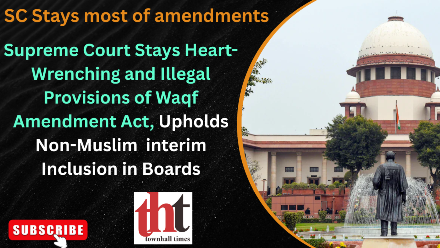

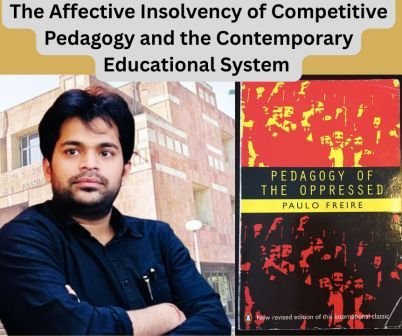

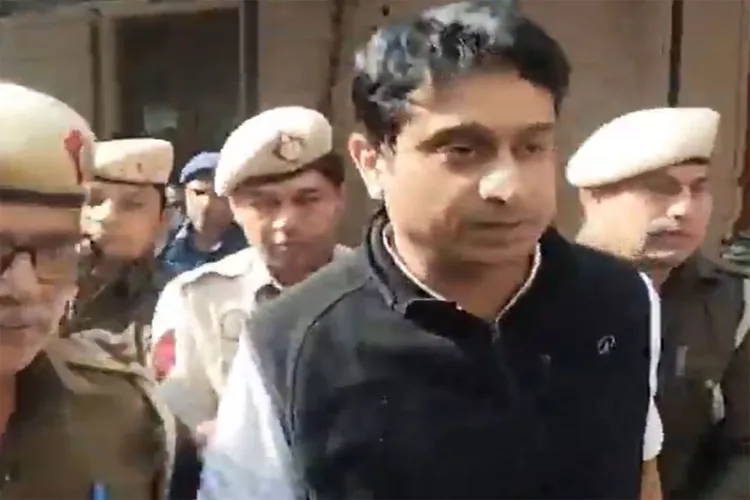
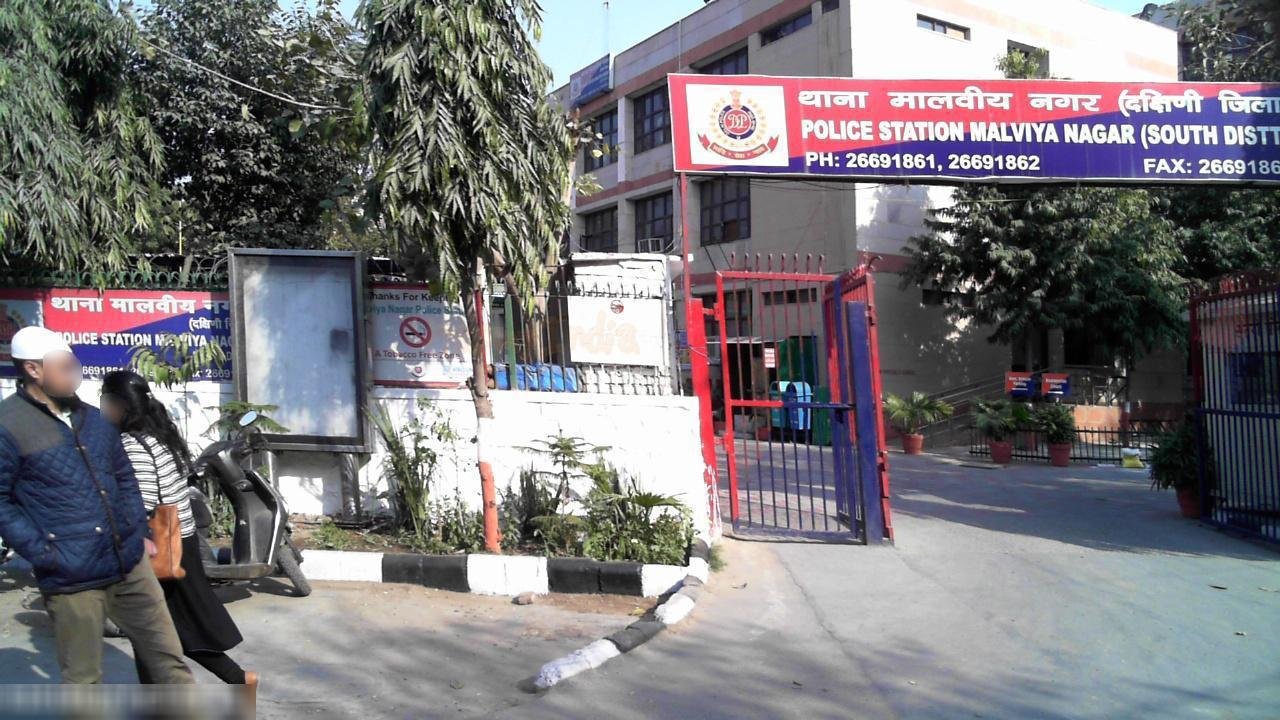

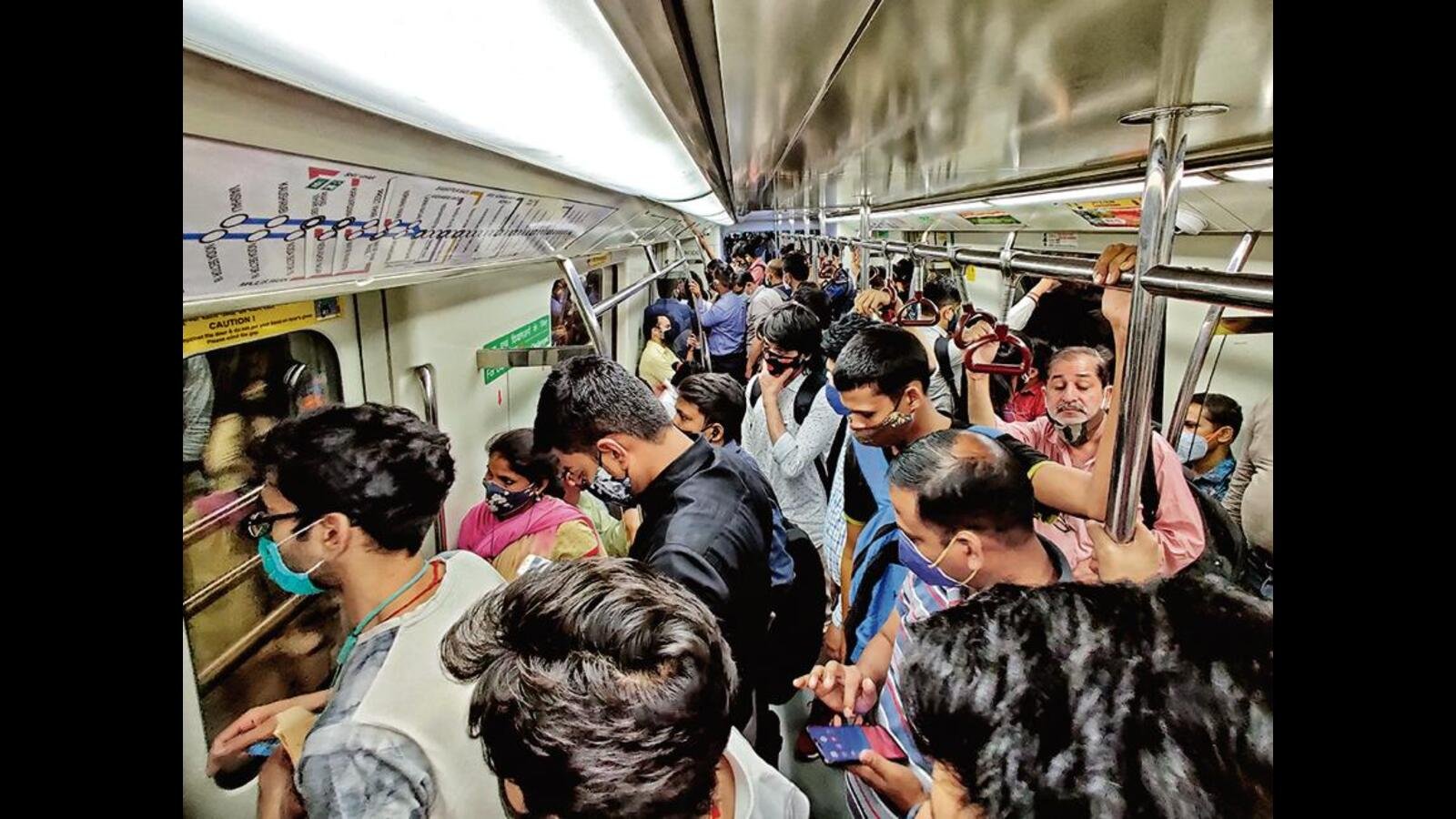
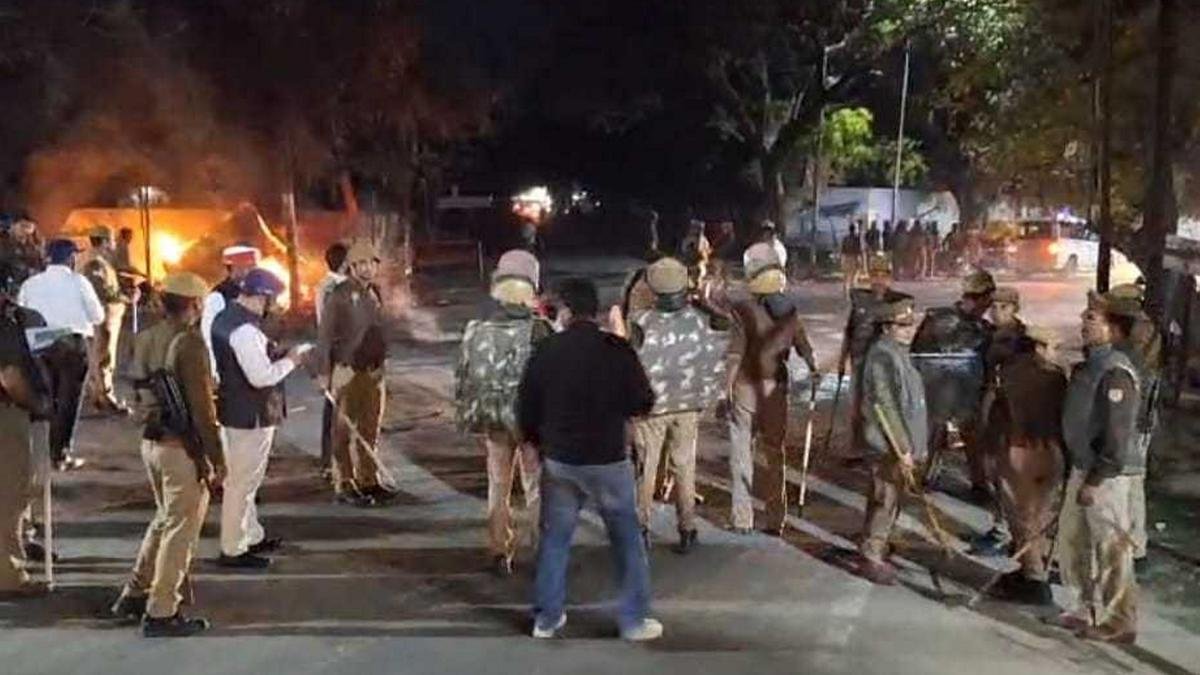
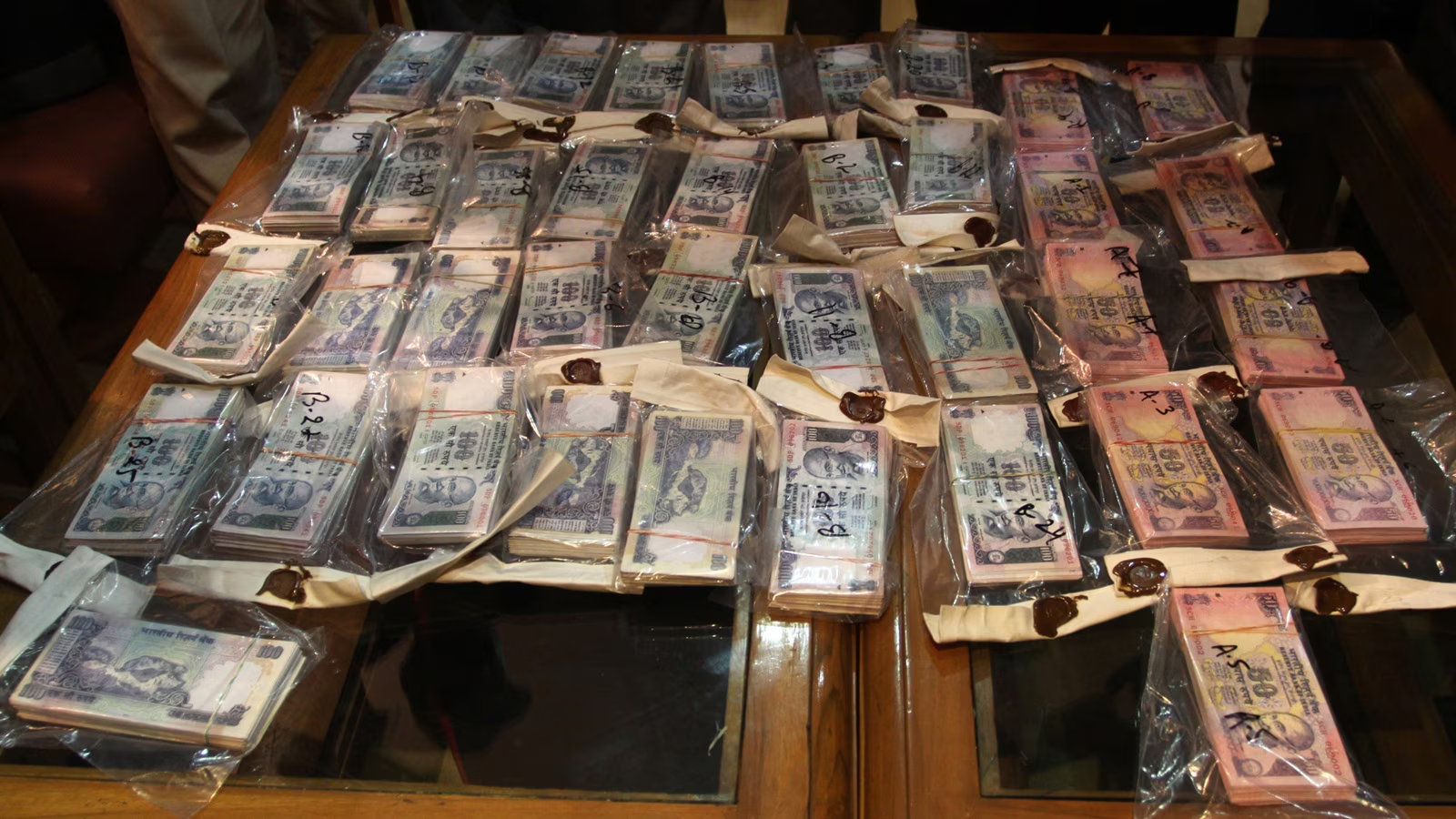
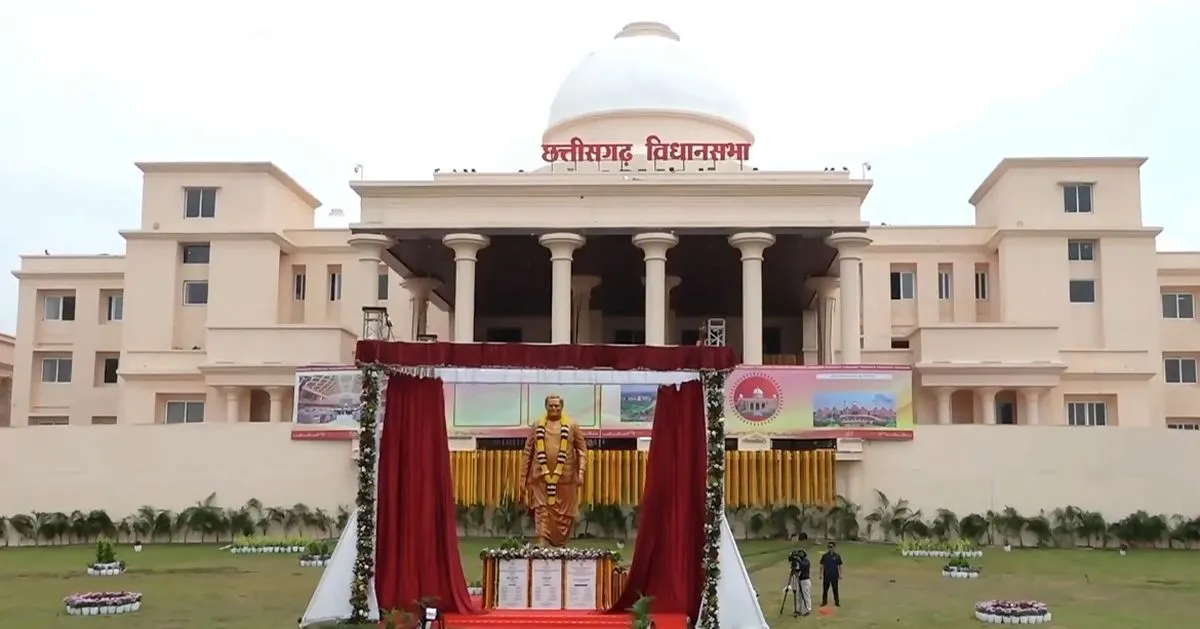

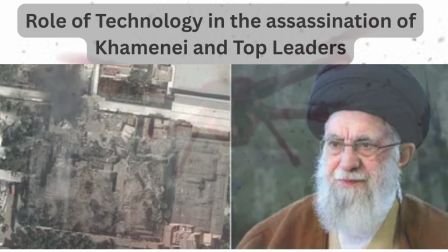
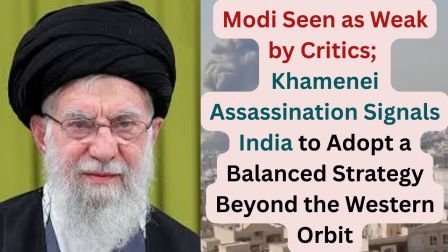
Leave a Reply